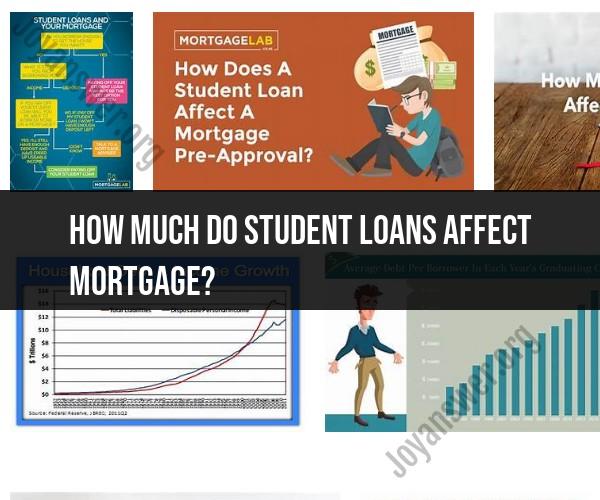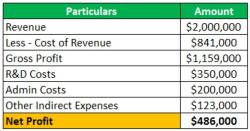How much do student loans affect mortgage?
For many individuals, achieving the dream of homeownership is a significant life milestone. However, for those burdened with student loans, the path to owning a home can be complex and challenging. In this article, we'll explore the implications of balancing student loans and mortgages and provide insights into how to navigate this financial juggling act.
1. Debt-to-Income Ratio (DTI):
- One of the most critical factors lenders consider when approving a mortgage application is the borrower's DTI ratio. This ratio compares your monthly debt payments, including student loans, to your monthly income. A high DTI can make it harder to qualify for a mortgage.
- Tips:
- Work on paying down other high-interest debts to lower your DTI.
- Consider income-driven repayment plans for federal student loans to reduce monthly payments temporarily.
2. Credit Score Impact:
- Managing student loans and making timely payments can positively affect your credit score, which is essential for securing a mortgage with favorable terms.
- Tips:
- Always make your student loan payments on time.
- Avoid taking on new debt while preparing to apply for a mortgage.
3. Down Payment Challenges:
- Student loan payments can make saving for a down payment more challenging. The higher your down payment, the better your mortgage terms may be.
- Tips:
- Create a budget that allocates funds toward both student loans and a down payment savings account.
- Explore down payment assistance programs in your area.
4. Loan Forgiveness Considerations:
- If you have federal student loans, you may be eligible for loan forgiveness programs. However, these programs can have implications for your taxable income and mortgage eligibility.
- Tips:
- Consult with a financial advisor to understand the potential tax consequences of loan forgiveness.
- Keep track of any changes in your loan status and communicate with your lender accordingly.
5. Loan Types and Lenders:
- Different types of mortgages and lenders may have varying requirements and flexibility regarding student loans.
- Tips:
- Shop around and compare mortgage offers from different lenders.
- Consider mortgage programs designed for first-time homebuyers, which may have more lenient criteria.
6. Preapproval and Planning:
- Getting preapproved for a mortgage before house hunting can provide clarity on how much you can afford and how your student loans factor into the equation.
- Tips:
- Consult with a mortgage broker or loan officer to assess your financial situation and explore preapproval options.
7. Delaying Homeownership:
- In some cases, it may be beneficial to delay homeownership until you've made progress in paying down your student loans or increasing your income.
- Tips:
- Create a long-term financial plan that includes goals for student loan repayment and homeownership.
In conclusion, balancing student loans and mortgages requires careful financial planning and consideration. While student loans can present challenges on the path to homeownership, they don't necessarily make it impossible. By managing your finances wisely, improving your credit score, and exploring various mortgage options, you can work toward achieving your goal of owning a home while responsibly managing your student loan debt. Remember that consulting with financial professionals and experts in the mortgage industry can provide valuable guidance tailored to your unique situation.












